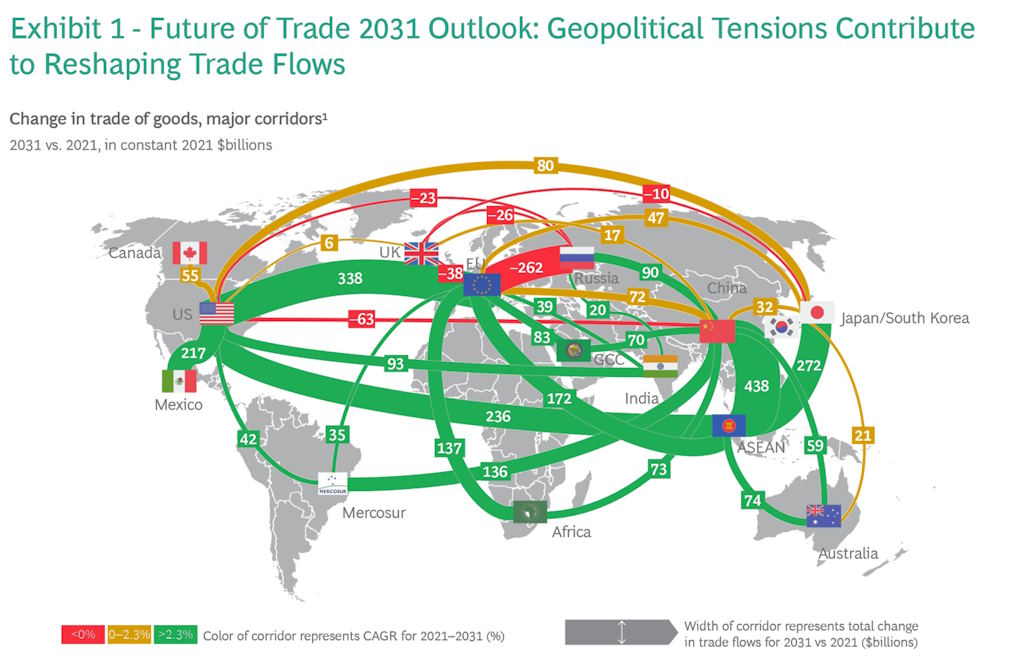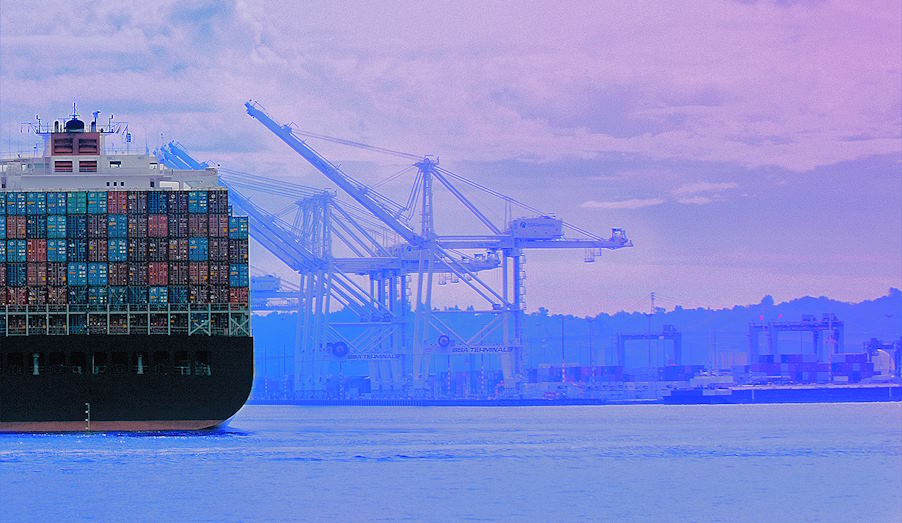In today’s interconnected global economy, emerging markets have become a focal point for international traders seeking new growth opportunities and untapped potential. These dynamic economies, characterized by rapid industrialization, expanding middle-class populations, and evolving consumer behaviors, offer enticing prospects for businesses looking to expand their reach beyond established markets. However, along with the promise of growth, emerging markets present a unique set of challenges that demand careful consideration and strategic planning.
Challenges in Emerging Markets for International Traders
Navigating the waters of emerging markets can be a daunting task for international traders, as these dynamic economies present a myriad of challenges that require careful consideration. One of the foremost hurdles lies in the ever-changing Political and Regulatory Environment. Political instability in these regions can disrupt trade operations, leading to uncertain market conditions and potential losses. Additionally, the complex and evolving regulatory frameworks demand meticulous attention to compliance to avoid legal entanglements and fines.
Economic Factors also pose significant challenges for traders in emerging markets. Currency fluctuations and exchange rate risks can significantly impact pricing strategies and profit margins. Moreover, income disparities among the population and varying consumer behaviors necessitate a deep understanding of local market dynamics to tailor products and marketing campaigns effectively.

Inadequate Infrastructure and Logistics further complicate international trade in these regions. Poor transportation networks can lead to delays and increased costs, while limited communication and technology resources may hinder efficient operations and connectivity.
The Legal and Contractual Risks cannot be underestimated when dealing with emerging markets. Weak intellectual property protection exposes traders to the risk of counterfeit products and unauthorized use of patented technology. Additionally, contract enforcement challenges can make it arduous to resolve disputes and secure timely payments.
Cultural and Social Differences also come into play. Language barriers and communication challenges can impede effective negotiation and cooperation with local partners. Understanding and respecting local customs and preferences are crucial for building lasting relationships and gaining consumer trust.
To thrive in emerging markets, international traders must address these challenges proactively. Conducting thorough research and risk assessment, partnering with local experts, and adopting flexible strategies can enable businesses to seize the vast opportunities these markets offer while mitigating potential pitfalls. Successfully overcoming these hurdles can pave the way for long-term growth and success in these vibrant and promising regions.
Opportunities in Emerging Markets for International Traders
Opportunities abound for international traders in emerging markets, presenting a promising landscape for businesses willing to venture into these dynamic regions. One of the most enticing prospects lies in the Untapped Market Potential. With a rapidly growing middle-class population and rising disposable incomes, emerging markets offer an expanding consumer base eager for new products and services. Savvy traders can capitalize on this trend by exploring niche markets and catering to unique consumer demands, providing tailored offerings that resonate with local preferences.

Resource availability and cost advantage further enhance the allure of emerging markets. These regions often boast access to abundant natural resources, opening up possibilities for industries reliant on raw materials. Moreover, lower production costs translate into competitive pricing, making businesses more appealing to cost-conscious consumers both locally and globally.
The investment and growth prospects in emerging markets are particularly attractive to international traders seeking expansion opportunities. Many of these regions are becoming increasingly alluring to foreign direct investments (FDI), offering favorable regulatory environments and incentives for international businesses. The potential for long-term business growth and profitability is high, as emerging markets continue to experience rapid economic development and urbanization.
Embracing technological advancements is essential for traders looking to thrive in emerging markets. These regions often leapfrog traditional technologies, adopting cutting-edge digitalization and e-commerce trends at a remarkable pace. By embracing these advancements, international traders can gain a competitive edge, streamlining their operations, and reaching wider audiences through e-commerce platforms and digital marketing strategies.

